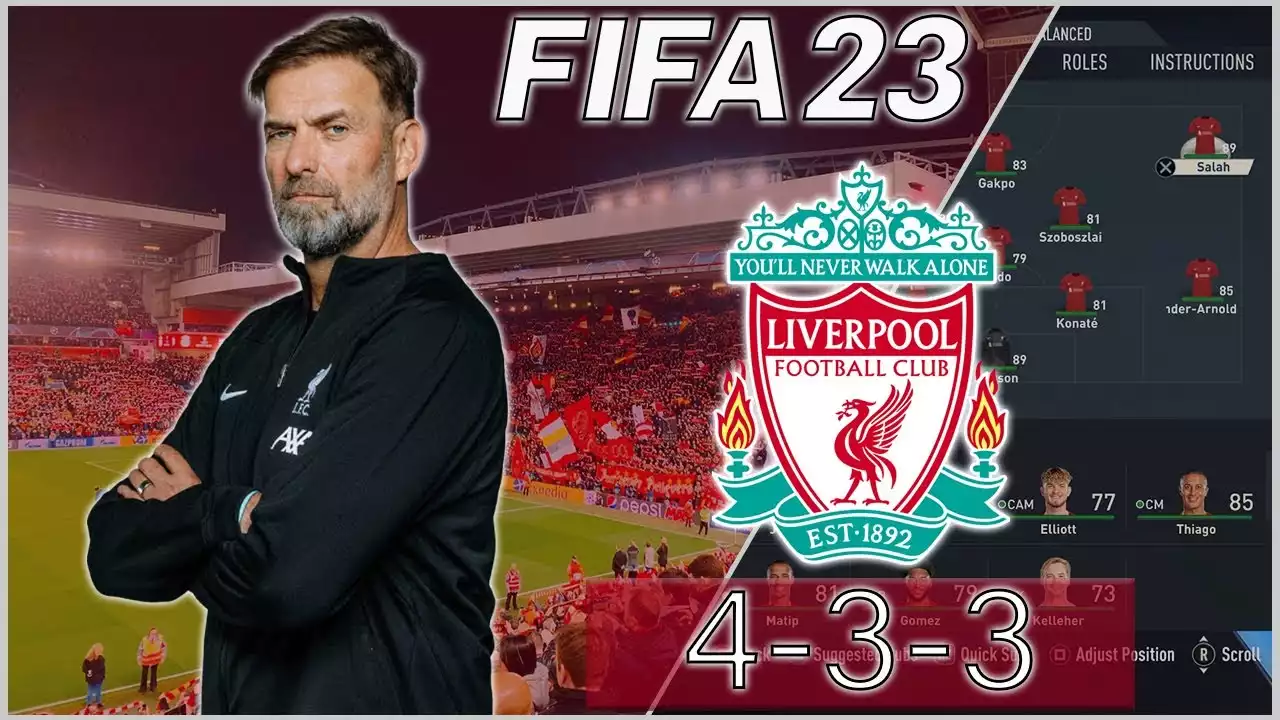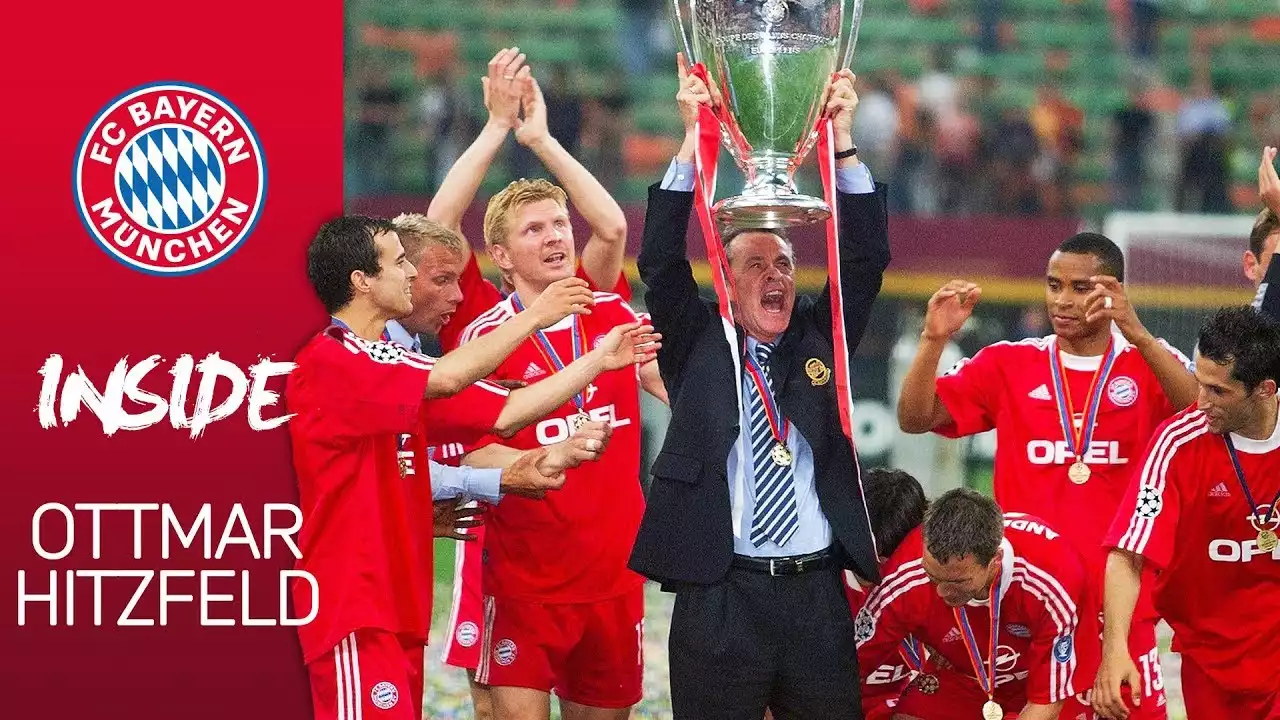Importance of a Successful Manager in Football
Football is a team sport where success is often attributed to the players on the pitch. However, the role of a manager cannot be underestimated. A successful manager is not only responsible for tactics, but also for motivating and inspiring their team to perform at their best. They must possess a deep understanding of the game, an ability to adapt to different situations, and a vision for success.
In the DFB-Pokal, a successful manager can make all the difference. This knockout competition is known for its unpredictable nature, where even the strongest teams can fall victim to upsets. A manager's tactical acumen and leadership qualities can help their team navigate through the challenges and emerge victorious.
Criteria for Determining Success in the DFB-Pokal
Determining the success of a manager in the DFB-Pokal goes beyond simply counting the number of trophies won. While trophies are undoubtedly important, other factors such as longevity, consistency, and the ability to guide different teams to success also come into play.
A successful manager in the DFB-Pokal should have a track record of consistently reaching the latter stages of the competition. They should be able to adapt their tactics to different opponents and have a knack for making the right decisions under pressure. Additionally, their achievements should have a lasting impact on the clubs they manage, leaving a legacy that transcends their time at the helm.
Manager 1: Ottmar Hitzfeld
Ottmar Hitzfeld is widely regarded as one of the greatest managers in German football history. His success in the DFB-Pokal is a testament to his tactical brilliance and ability to bring out the best in his players. Hitzfeld achieved great success during his time at Bayern Munich, where he won the DFB-Pokal on three occasions.
Hitzfeld's managerial style was characterized by his meticulous planning and emphasis on defensive solidity. He had a knack for getting the best out of his players, instilling a winning mentality that helped Bayern Munich dominate German football during his tenure. Hitzfeld's success in the DFB-Pokal cemented his status as one of the all-time greats.
Manager 2: Udo Lattek
Udo Lattek is another manager who left an indelible mark on the DFB-Pokal. Known for his ability to build successful teams, Lattek achieved remarkable success during his time at Bayern Munich. He led the club to four DFB-Pokal victories, showcasing his ability to guide his team to success in knockout competitions.
Lattek's managerial style was characterized by his focus on attacking football and his ability to motivate his players. He had a keen eye for talent and was known for his man-management skills, which helped him get the best out of his squad. Lattek's achievements in the DFB-Pokal solidified his reputation as one of the most successful managers in German football history.
Manager 3: Jupp Heynckes
Jupp Heynckes is a name synonymous with success in German football. With a managerial career spanning several decades, Heynckes achieved great success in the DFB-Pokal. His ability to adapt to different teams and guide them to victory is a testament to his tactical acumen and leadership qualities.
Heynckes enjoyed success at multiple clubs, including Bayern Munich and Borussia Mönchengladbach. His managerial style was characterized by his emphasis on teamwork and his ability to instill a winning mentality in his players. Heynckes' achievements in the DFB-Pokal, including four trophies, solidify his legacy as one of the greatest managers in German football history.
Manager 4: Felix Magath
Felix Magath is a manager known for his meticulous attention to detail and his ability to transform teams. His success in the DFB-Pokal is a testament to his ability to build successful squads and guide them to victory. Magath achieved great success during his time at Bayern Munich and Wolfsburg, winning the DFB-Pokal on three occasions.
Magath's managerial style was characterized by his focus on physical fitness and discipline. He demanded the highest standards from his players, pushing them to their limits in pursuit of success. Magath's achievements in the DFB-Pokal cemented his reputation as a manager who could turn underdogs into champions.
Manager 5: Thomas Tuchel
Thomas Tuchel is a modern-day manager who has made a significant impact on the DFB-Pokal. Known for his innovative tactics and ability to develop young players, Tuchel achieved great success during his time at Borussia Dortmund. Under his guidance, Dortmund reached the DFB-Pokal final on two occasions.
Tuchel's managerial style is characterized by his emphasis on pressing and attacking football. He has a keen eye for talent and is known for his ability to develop young players into stars. Tuchel's achievements in the DFB-Pokal showcase his ability to compete against the best and leave a lasting impact on the tournament.
Comparing the Managerial Styles and Achievements
Each of the five managers discussed in this article has their own unique managerial style and approach to the game. From Ottmar Hitzfeld's defensive solidity to Thomas Tuchel's attacking football, these managers have showcased their ability to adapt to different situations and bring out the best in their players.
When comparing their achievements, it is clear that all five managers have left a lasting impact on the DFB-Pokal. Their success in the tournament is a testament to their tactical acumen, leadership qualities, and ability to guide their teams to victory. Whether it is Ottmar Hitzfeld's three DFB-Pokal wins or Jupp Heynckes' four trophies, each manager has achieved remarkable success in their own right.
Impact of Successful Managers on the DFB-Pokal
The DFB-Pokal is a tournament filled with history, passion, and unforgettable moments. Successful managers play a crucial role in shaping the destiny of their teams in this knockout competition. From Ottmar Hitzfeld to Thomas Tuchel, the five managers discussed in this article have left an indelible mark on the DFB-Pokal.
Their ability to navigate the intense pressures of knockout football, adapt to different opponents, and guide their teams to victory is a testament to their managerial skills. These managers have shown what it takes to succeed in one of Germany's most prestigious football tournaments.
As we celebrate the achievements of these extraordinary managers, let us recognize the impact they have had on the DFB-Pokal. Their tactical brilliance, leadership qualities, and ability to inspire their players have elevated the competition to new heights. The legacy of these managers will forever be etched in the history of German football, reminding us of the greatness that can be achieved through dedication, passion, and a relentless pursuit of success.










